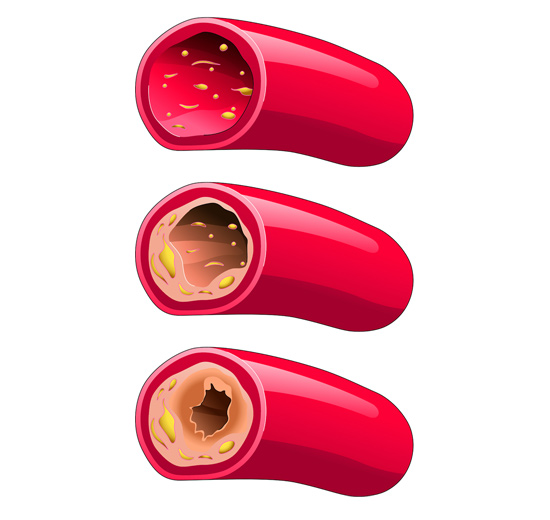Your running shoes are on; you are warmed up and ready to go. It is the big day and you are determined to give it all you got. But before you head off to take on that race you signed up for, is your heart just as prepared?
Races in recent years have been marred by tragedy, with sudden deaths making headlines in the media. Cardiac arrest and coronary complications were usually the source of the blame, putting the spotlight on medical fitness for people taking part in physical events.
If you are worried or unsure of being able to cope with the strenuous demands of such activities, there’s a way to be more certain of it.
By going for a heart screening, a doctor will be able to tell you whether you are fit enough to take up certain challenges or activities. This is usually done by checking for heart anomalies and other conditions that may cause complications under high duress.
Why should I go for a heart screening? I’m perfectly fine!
It’s true that you may think that you have a clean bill of health. However, there could be underlying health problems that do not show up until it is too late.
Atherosclerosis is a process where arteries in your body thicken due to plaque. Cholesterol particles carried by the blood stick on the walls and slowly accumulate in time. If they build up in places that frequently undergo stress, the plaque may rupture, causing a blood clot or a bigger build-up.

This process occurs at an early age, and continues for a long time. Small plaque may be present in most teenagers, or even children. A mild case of atherosclerosis in young age may turn significant as they reach an older age, which will lead to a higher risk of complications such as coronary heart disease and heart attacks. Hence, heart screening is strongly recommended if you decide to take on unaccustomed physical activity, or continue a regular active lifestyle after several years.
In fact, you don’t have to be running a marathon to go for a heart screening. There are many other causes of heart conditions apart from extreme physical stress, such as family history, obesity, smoking and even physical inactivity. You may even be at greater risk of developing a heart attack if you have these risk factors.
If you are interested in going for a heart screening but are afraid or simply unsure on what to expect, do not worry. The tests are minimally invasive, straightforward and would not take long to complete for most cases.





